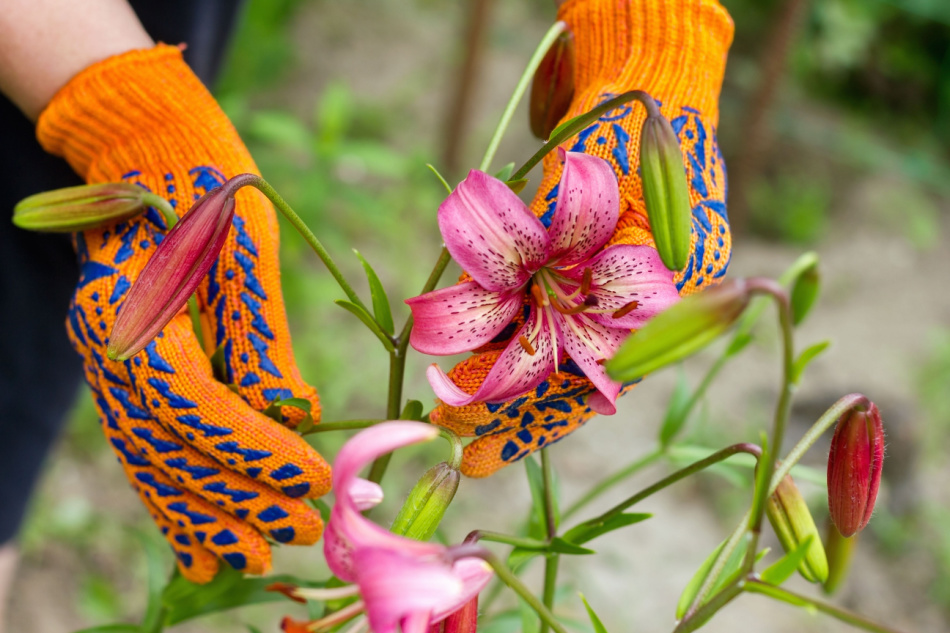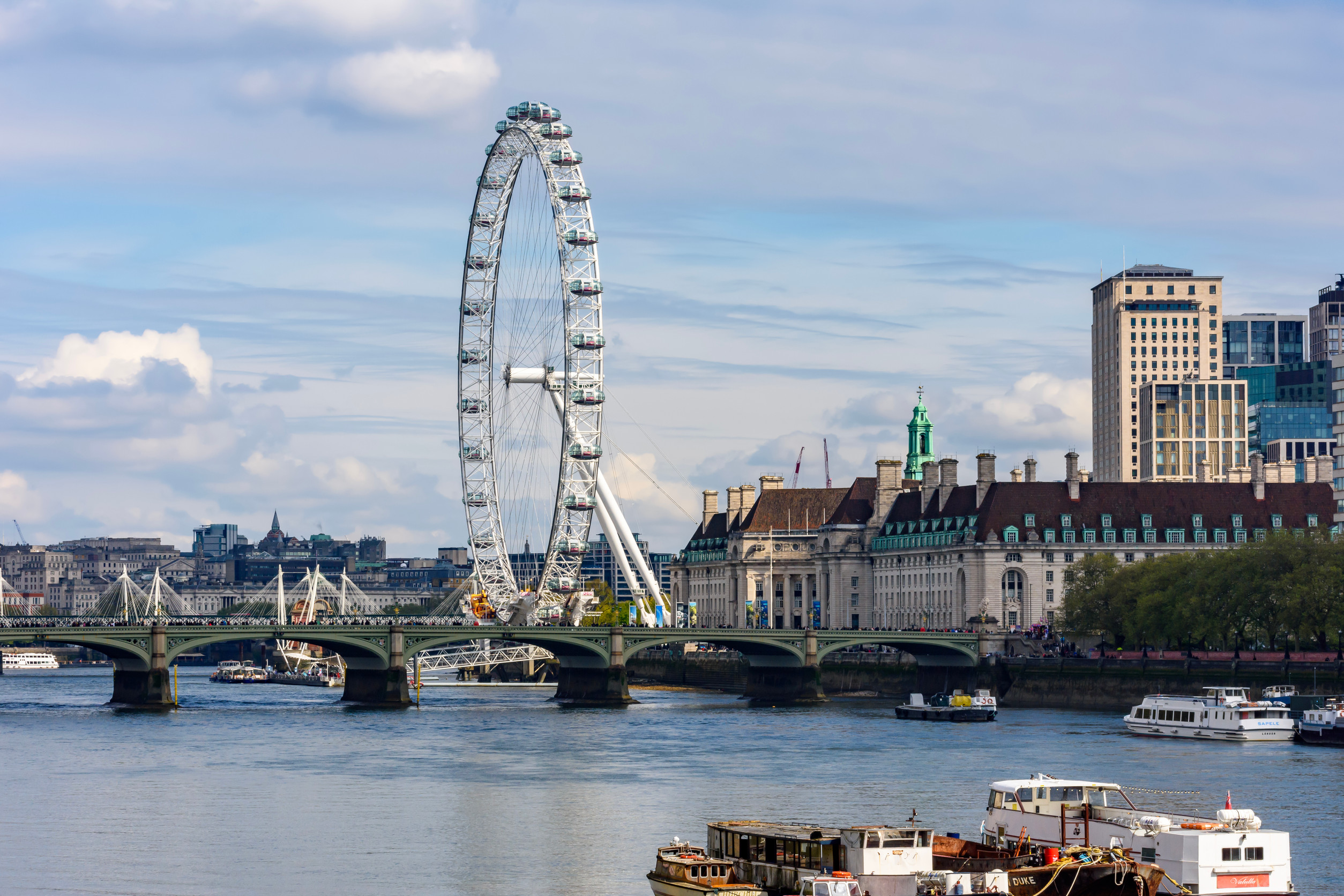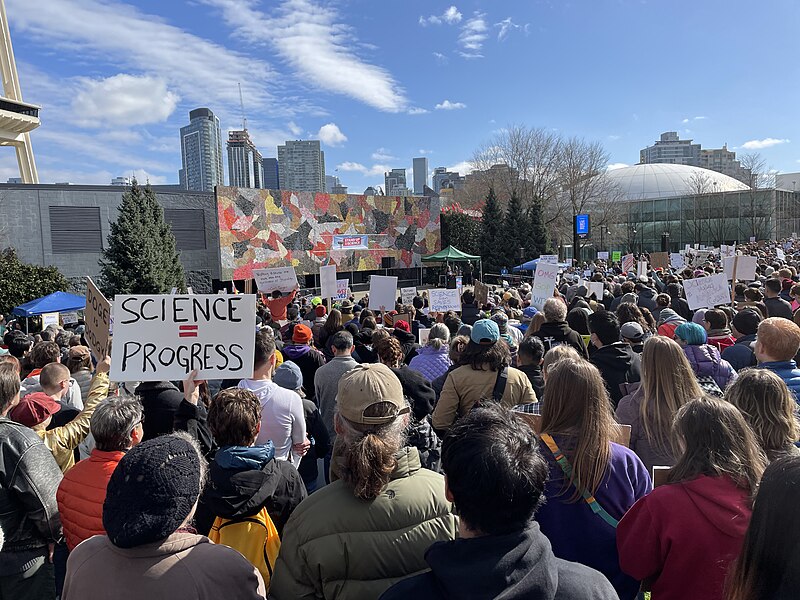Don Popo raps about a better future for Colombia’s kids
Half-way through our conversation, his eyes suddenly begin to sparkle. Don’t you get it, they seem to say? “To us, hiphop isn’t simply a music style,” he patiently explains. “To us hiphop is a way of life. Hiphop is our freedom, the only way to express our thoughts and feelings. No one tells us what we have to do; in hiphop we are our own masters.”
By “us” and “we”, Don Popo means underprivileged young people from the cities of Colombia. Don Popo—Jeyffer Rentería is his real name—is a highly successful example of a young person who is rapping his or her way up the ladder to international recognition. And Don Popo works hard to create opportunities for Colombian youth to live their lives free of drugs, violence and crime.
The 27-year-old rap artist sponsors workshops where poor kids can rap and break dance, create graffiti or learn how to be a DJ. He also raises funds for festivals where young people can demonstrate their talents to a wider audience. He gives away his own CDs (which originally appeared on the Sony Music label until he switched to smaller, independent labels) in his old neighborhood in Bogota to inspire kids there. The message: look kids, you can do this too! His longtime dream is to open a kind of hiphop academy in one of Bogota’s largest slums, where music lessons are mixed with information about issues like safe sex and discrimination.
This dream is closer to realization now that Don Popo has two sources of income. One is his musical career, which is a surprising experiment in the hiphop world because he uses acoustic guitar, violin and bass. His poetic talents yield lyrics that touch upon emotions as well as the political situation in his homeland. “I don’t want to talk about the government, guerillas and paramilitary groups. I want to talk about the little children who see their fathers murdered, about the hopelessness, about the feeling of having no future.” Don Popo himself started making music at the age of 13, two years after his father was murdered. It was the only way this silent young man could express his feelings.
The other source of income is a new clothing company headed up by Don Popo called La Familia Ayara. Across the table, he stands up to show off his pants, which are much too wide and falling off his waist—typical of the international hiphop look. Pants like these are made by Colombian rap artists and their families—at home. Don Popo rejected an offer to produce the clothing at a large factory. “I don’t want to encourage employee anonymity. I want small-scale operations, not production for the masses.”
Colombian hiphoppers used to have no choice but to get their pants and shirts two sizes too big or buy smuggled goods from North America. Now there’s an honest alternative, which can be purchased in Colombian shops and, in the near future, in the Netherlands and Spain. So why is this clothing so important? The sparkle returns to his eyes. “Clothing gives us recognition, our own identity.”
For more information: www.donpopo.com










